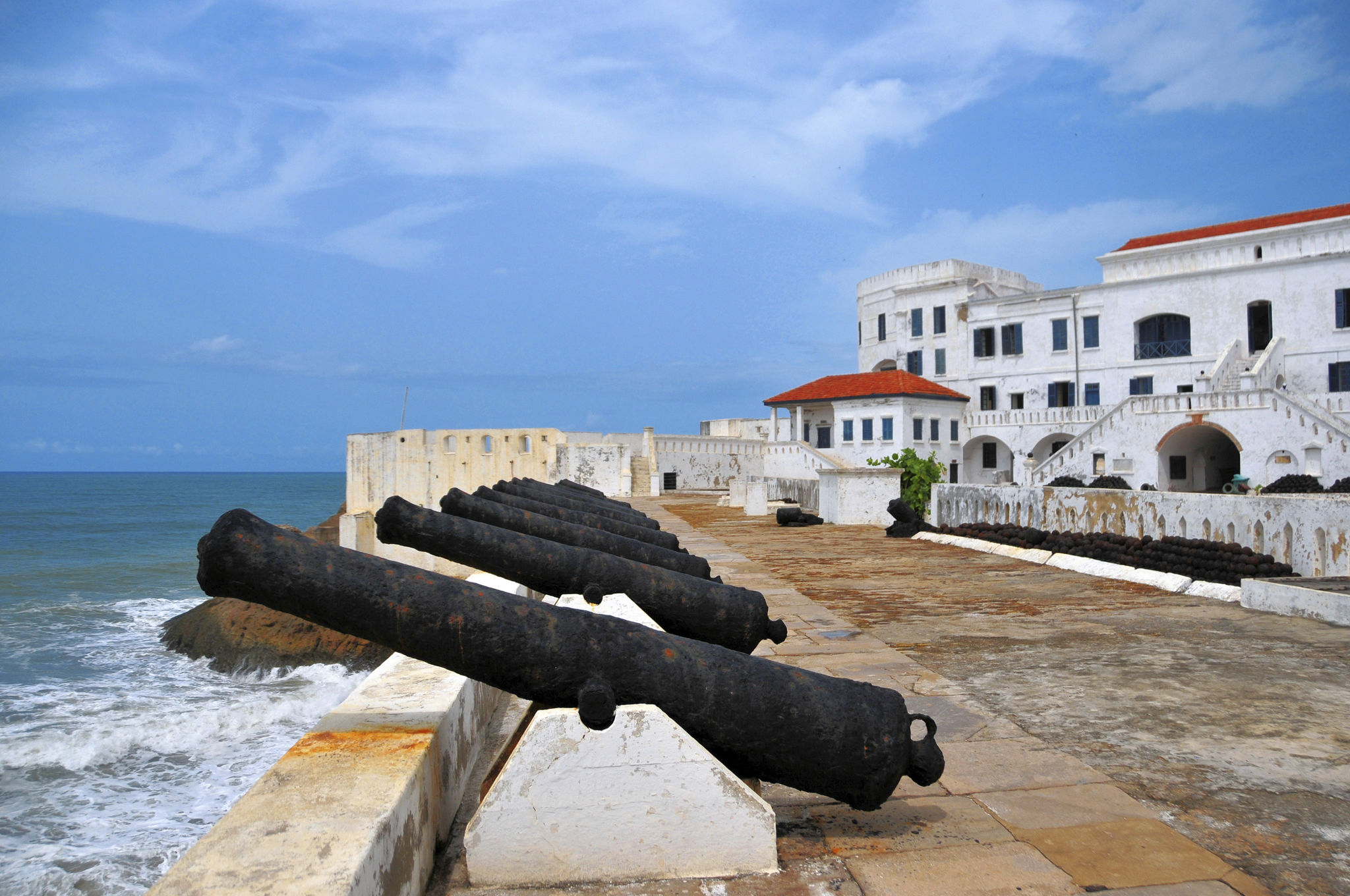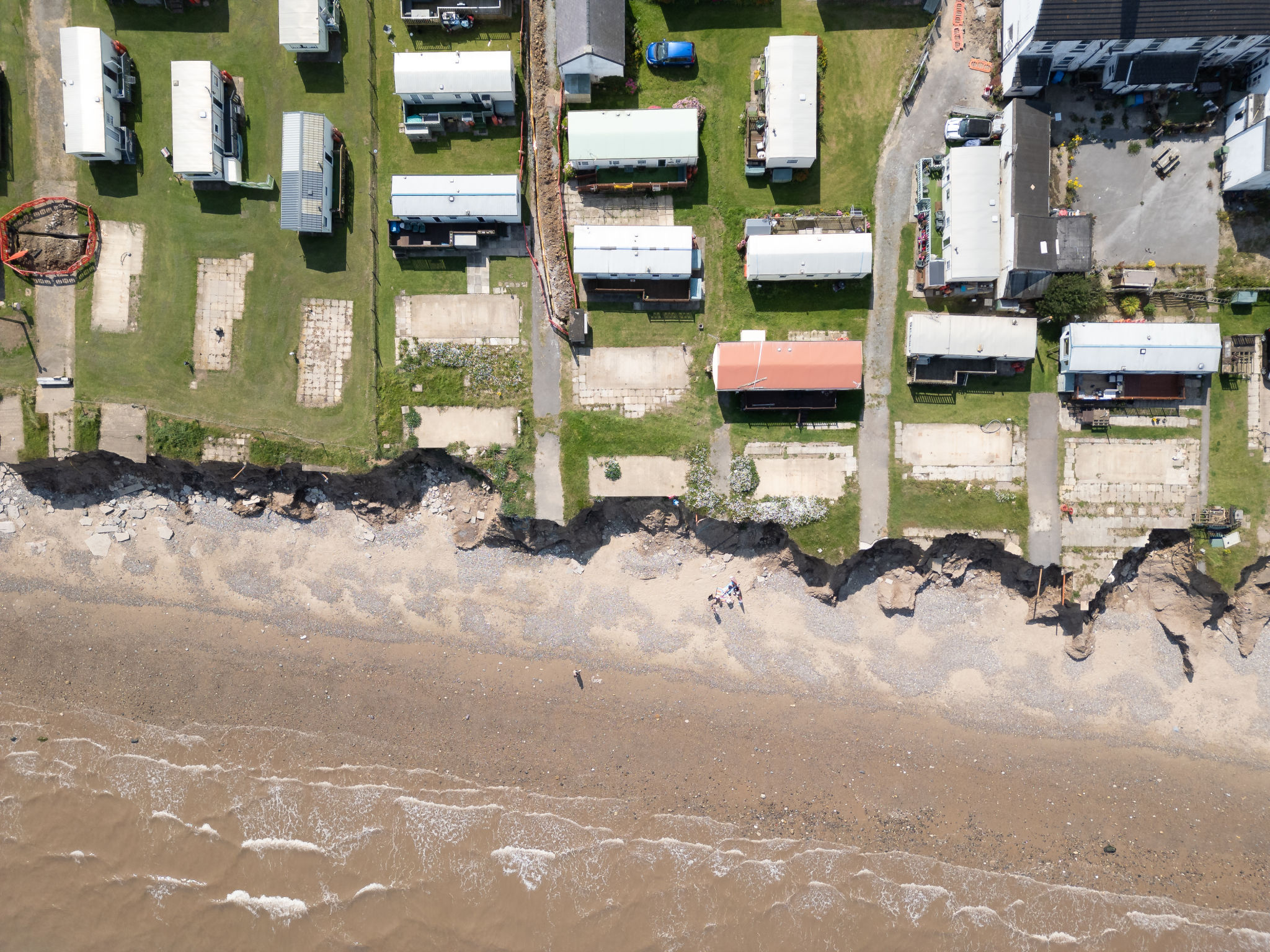Comprehensive Guide to Coastal Conservation in Ghana
Introduction to Coastal Conservation in Ghana
Ghana, with its stunning Atlantic coastline stretching over 550 kilometers, is home to diverse ecosystems that are vital for both the environment and local communities. Coastal conservation efforts in Ghana aim to protect these ecosystems from threats such as erosion, pollution, and overfishing. This guide delves into the importance of coastal conservation and the initiatives currently underway to preserve Ghana's coastal heritage.

The Importance of Coastal Ecosystems
Coastal ecosystems in Ghana, including mangroves, lagoons, and wetlands, play a critical role in maintaining biodiversity. These areas provide habitat for numerous species of fish, birds, and other wildlife. Additionally, they offer crucial resources for local communities, supporting livelihoods through fishing and tourism.
Preserving these ecosystems is not only important for maintaining biodiversity but also for protecting against the impacts of climate change. Healthy coastal areas act as natural barriers against storm surges and flooding, mitigating potential damage to inland areas.
Threats to Coastal Areas
Despite their importance, Ghana's coastal regions face numerous threats. Rapid urbanization and industrialization have led to increased pollution and habitat destruction. Overfishing has depleted fish stocks, threatening the livelihoods of local fishermen. Furthermore, climate change exacerbates these issues by causing sea-level rise and increasing the frequency of severe weather events.

Current Conservation Efforts
Several initiatives are in place to address these challenges and promote coastal conservation in Ghana. Efforts include community-based conservation programs that empower local residents to manage and protect their natural resources. These programs focus on sustainable fishing practices and the restoration of degraded habitats such as mangroves.
Additionally, government and non-governmental organizations are working together to implement policies aimed at reducing pollution and promoting sustainable development along the coast. These policies include stricter regulations on industrial waste disposal and urban planning measures that consider environmental impacts.

Community Involvement in Conservation
Community involvement is a cornerstone of successful conservation efforts. In Ghana, local communities are encouraged to participate in decision-making processes regarding the management of coastal resources. By engaging residents in conservation activities, these initiatives foster a sense of ownership and responsibility towards their environment.
Education and awareness campaigns play a vital role in promoting understanding of the importance of coastal conservation. Workshops and training sessions equip community members with the knowledge and skills needed to implement sustainable practices and advocate for the protection of their natural surroundings.
The Role of Policy and Legislation
Effective policy and legislation are essential for the long-term success of coastal conservation efforts. The Ghanaian government has enacted several laws aimed at protecting coastal areas, such as the Fisheries Act and the Environmental Protection Agency Act. These laws provide a framework for regulating activities that impact coastal ecosystems and ensure compliance with environmental standards.
International collaboration also plays a significant role in enhancing conservation efforts. Ghana is a signatory to several international agreements that promote sustainable development and biodiversity conservation, such as the Convention on Biological Diversity.

Conclusion: A Call to Action
Coastal conservation in Ghana is a multifaceted endeavor that requires the collaboration of government, communities, and international partners. Protecting these vital ecosystems is crucial not only for preserving biodiversity but also for ensuring the well-being of future generations. Through continued efforts and a commitment to sustainable practices, Ghana can safeguard its coastal heritage for years to come.
It is imperative that everyone plays a part in these initiatives, whether through direct involvement in conservation activities or by advocating for policies that prioritize environmental protection. Together, we can ensure that Ghana's coastlines remain vibrant and thriving ecosystems.